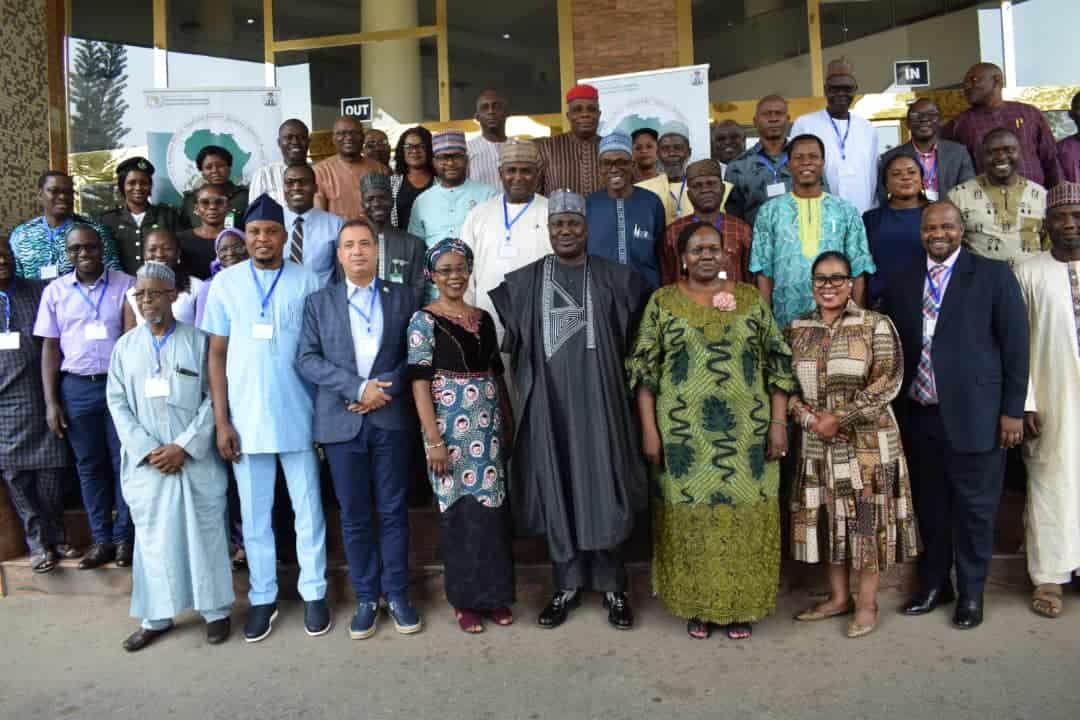The Federal Government of Nigeria, in collaboration with the African Union-InterAfrican Bureau for Animal Resources (AU-IBAR), has launched the Resilient African Feed and Fodder Systems Project (RAFFS) to combat the challenges of feed and fodder shortages in the livestock sector.
A multi-stakeholder platform (MSP) has been established under this initiative to ensure easy access to high-quality animal feed at competitive prices for producers and empower livestock producers as an integral part of the national food security system.
The Minister of State for Agriculture and Food Security, Dr. Aliyu Sabi Abdullahi, highlighted that the platform will not only facilitate access to feed for producers but also establish an integrated self-sufficiency system promoting fair competition among suppliers.
Kwara Gov. Flags Off Livestock Productivity and Resilience Support Project
Funded by the African Union Commission and the Bill and Melinda Gates Foundation, the RAFFS Project is a response to the Triple C crises—COVID-19, climate change shocks, and the Russia-Ukraine conflict—that have significantly affected African feed and fodder systems.
Nigeria is among six countries chosen for the pilot program to plug the persistent shortage of animal feed and fodder, with the primary objective of understanding the impacts of these crises and providing evidence-based short-term solutions to enhance resilience in the sector.
The Minister expressed optimism about the industry’s prospects, considering the growing interest and significance of the livestock industry in Nigeria’s agricultural sector, both for meeting local demand and generating revenue domestically and internationally.
World Bank Empowers Jigawa Farmers with N370m Agricultural Loan
David Maina, an AU Feed and Fodder expert, highlighted the critical role of addressing the lack and poor quality of feed, which leads to production inefficiencies and drives up the cost of livestock-derived foods, making them unaffordable for many.
The AU expert emphasized the need to tackle high production costs, particularly in poultry and aquaculture, as well as the reliance on communal grazing and crop residues in Nigeria’s livestock sector.



